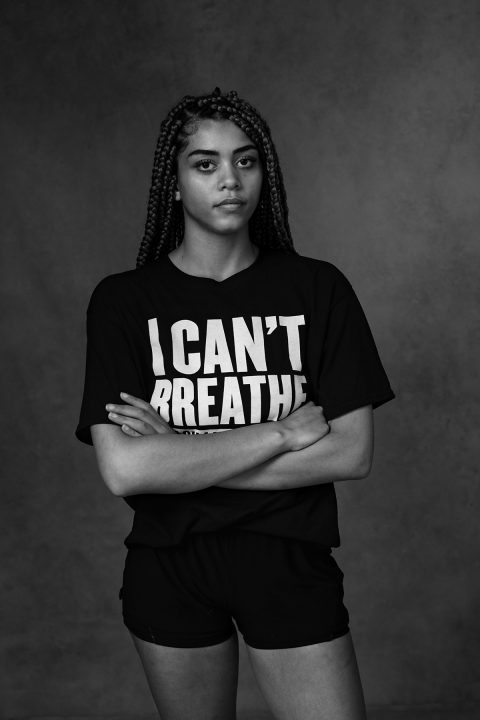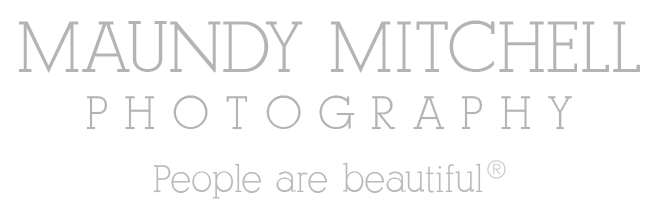I’m honored to have my work on the cover of Artlines magazine for their winter 2021 issue. Artlines is a bi-annual publication by Women’s Caucus for Art (WCA). The mission of the WCA is to create community through art, education, and social activism.
The Artlines design team chose my portrait called “Nakiya,” from the Protest Portraits series. The team felt that a cropped version, with some of her features removed, would be a strong representation for all black women. Co-editor Shantay Robinson wrote, “[Nakiya’s body language] and the words on her shirt speak to the impetus of last summer’s movement. Not being able to breathe is every black woman’s struggle. This portrait of a black woman is suggestive of the work black women have continually done…”

In a letter from the co-editor, Shantay Robinson wrote: “This issue of Artlines celebrates a change in our culture – one where the public is becoming more cognizant of racial inequities. 2020 was a pivotal time for the Black Lives Matter Movement, as the year’s protests were the largest with its inclusion of a significant number of allies. In an effort to support the movement, I thought creating an Artlines issue highlighting the socio-political power of art would extend the conversation into 2021. The Black Lives Matter murals that have been painted on streets in cities across the U.S. helps the energy that was present this summer live on after all the protestors retreated back to their homes. The murals are a reminder to the protestors that their work was not in vain and to the opposition, this work will continue.
“The work the authors in this issue have done allows readers to see varied kinds of injustices that happen and approaches to social justice there are. These women are writing about justice in the form of ableism and capitalism. They are thinking about art as a tool for social change existing not only in the U.S. but globally. By telling stories of people with disabilities who overcome the odds to explaining how capitalism oppresses and colonizes people, these authors make us think about how we may be complicit in the oppression of others. And once we understand our role in other’s oppression, we can change the way we interact with the world.
“The most common way people give up their power is by thinking they don’t have any.” –Alice Walker
You can read the entire Winter 2021 issue of Artlines for free HERE.

